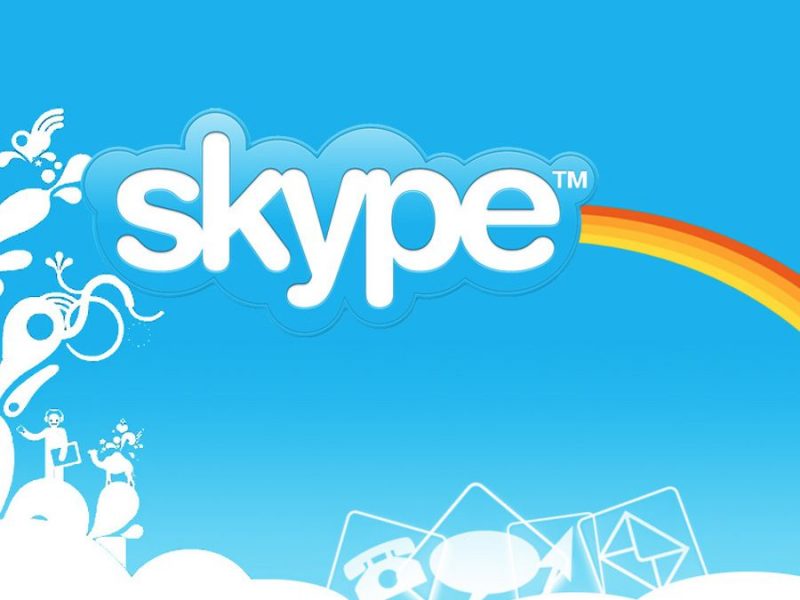
Microsoft wants to use blockchain to secure your identity
Microsoft is working to create a blockchain-based, decentralized digital identity management platform that would allow users to own and secure access to their online persona via an encrypted database hub.
Over the past year, Microsoft said it has been exploring how to use Blockchain and other distributed ledger technologies to create new types of digital identities designed to enhance personal privacy, security and control.
“This new world needs a new model for digital identity, one that enhances individual privacy and security across the physical and digital world,” Ankur Patel, a principal product manager with Microsoft’s Identity Division, wrote in a blog post. “Rather than grant broad consent to countless apps and services, and have their identity data spread across numerous providers, individuals need a secure encrypted digital hub where they can store their identity data and easily control access to it.”
Last month, Microsoft joined the ID2020 alliance, a global partnership working to create an open-source, blockchain-based digital identity system for people in the U.S. or nations who lack legal documentation because of their economic or social status.
The ID2020 alliance is targeting the people who lack fundamental rights and services such as voting, healthcare, housing and education that are tethered to legal proof of identification.
This week, Microsoft detailed what it has learned from its own exploration of blockchain as well as from its partnership with ID2020; as a platform for a new open ledger ID technology, the company plans to use its existing cloud-based Microsoft Authenticator application, which already enables multi-factor authentication for business and consumer customers.
Microsoft plans to work with other companies and industry groups to enable its “self-sovereign digital identity platform,” according to Patel.
A spokesperson said the company will release more information about the progress of a proof of concept with Microsoft Authenticator in coming weeks.
“Today, the Microsoft Authenticator app is already used by millions of people to prove their identity every day. As a next step we will experiment with Decentralized Identities by adding support for them into Microsoft Authenticator,” Patel wrote. “With consent, Microsoft Authenticator will be able to act as your User Agent to manage identity data and cryptographic keys.”
On the new platform, only a user’s hashed ID is rooted on a blockchain, while actual identity data is encrypted and stored in an off-chain ID Hub that Microsoft can’t see.
“Once we have added this capability, apps and services will be able to interact with [a] user’s data using a common messaging conduit by requesting granular consent,” Patel said. “Initially, we will support a select group of [decentralized identifiers] implementations across blockchains and we will likely add more in the future.”
While Microsoft is targeting a larger audience, blockchain’s use for security and authentication is not new and other companies are also using it as an ID aggregator.
For example, Estonia-based data security provider Guardtime already uses blockchains to create a Keyless Signature Infrastructure (KSI), a replacement for the more traditional Public Key Infrastructure (PKI). PKI uses asymmetric encryption and a cache of public keys maintained by a centralized certificate authority. The company has already grown into “the world’s largest blockchain company by revenue, headcount, and actual customer deployments,” according to a recent report from B2B reviews platform G2 Crowd.
“In 2016, the company reached an incredible milestone as it secured all of Estonia’s 1 million health records with its technology,” G2 Crowd said.
Along with Guardtime, HYPR and NuCypher also offer some of the most popular blockchain-based identity management solutions.
While there are dozens of these security ID products available, blockchain gets pigeonholed as a fintech-focused resource, when in actuality, “anything pertaining to transactions or data integration could adopt blockchain capabilities, and identity management companies are the first to jump in,” G2 said.
Database management and information storage systems will see a big influx of blockchain-secured systems this year, according to G2, – writes computerworld.com.
“The Dubai Government is working on a city-wide blockchain pilot with IBM and ConsenSys in an effort to become a blockchain-powered government,” said Csilla Zsigri, a senior blockchain analyst with 451 Research. “Proofs of concept in plan include streamlining ID verification to reduce business registration times, and digitizing and tracking citizens’ health records, wills and contracts, among other assets.”






